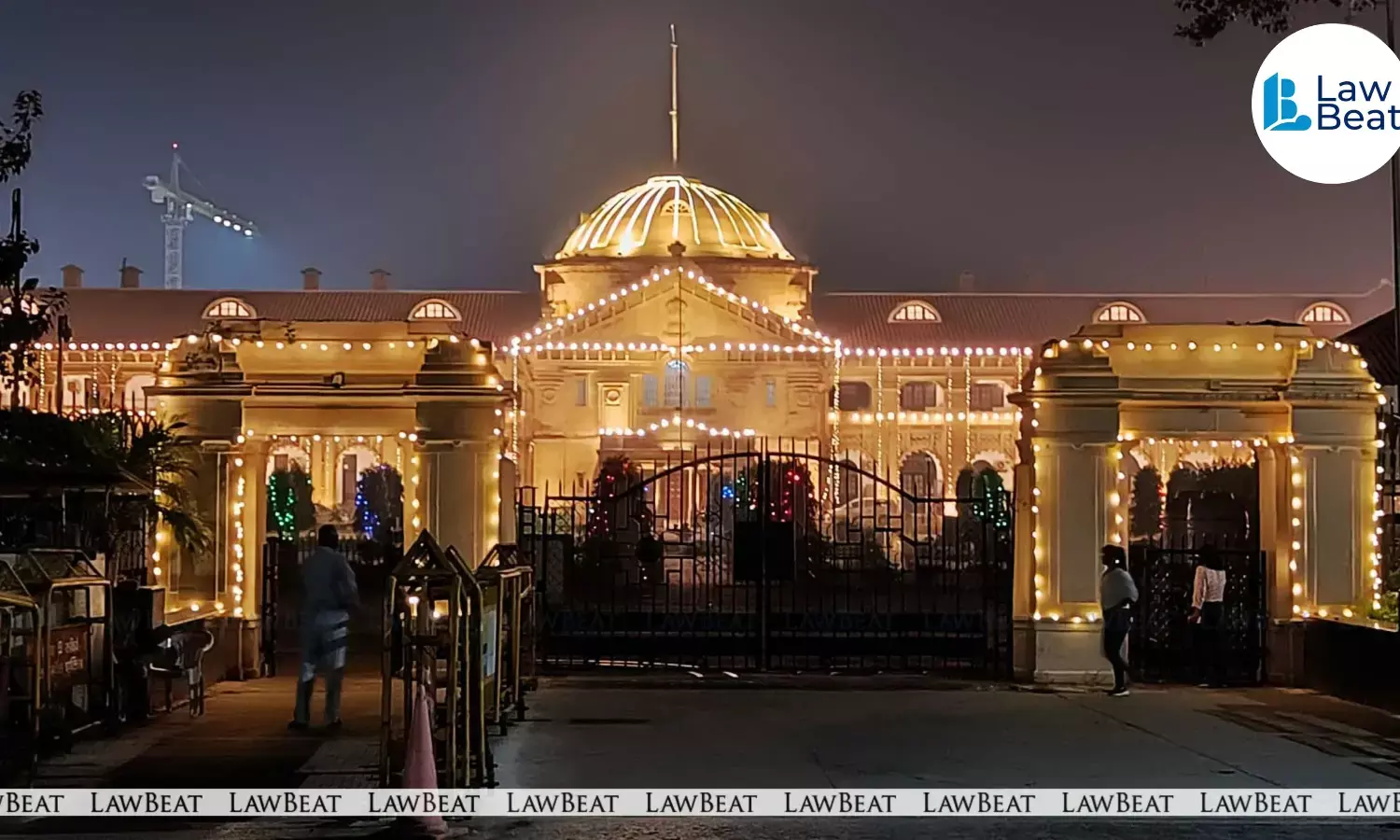Marriage With 16-Year-Old ‘Not Void’ Under Muslim Law: Allahabad HC Acquits Man in 2005 Rape Case

The Allahabad High Court sets aside rape conviction, observing the couple's Muslim marriage was not void
The Allahabad High Court has acquitted a man convicted nearly two decades ago for kidnapping and raping a 16-year-old girl, holding that the prosecution failed to prove that the girl was enticed or taken away against her will. Court found that the relationship between the two occurred after their marriage, which was valid under Muslim law.
The bench of Justice Anil Kumar allowed the criminal appeal filed by Islam @ Paltoo against his 2007 conviction by a Kanpur Dehat sessions court. The trial court had sentenced him to seven years each under Sections 366 and 376 IPC and five years under Section 363 IPC.
According to the prosecution, the complainant Fazal Ahmad alleged in his FIR dated September 25, 2005, that his 16-year-old daughter was enticed away by the appellant when she had gone outside to answer the call of nature. The girl was later found and stated that she was taken to Kalpi and then to Bhopal, where she stayed with the appellant for about a month and was sexually assaulted.
However, during the trial, the victim herself admitted that she had accompanied the appellant willingly, that they had performed a nikah at Kalpi, and that they lived as husband and wife in Bhopal. Medical examination conducted a day after her recovery revealed no injuries and indicated that she was above 16 but not more than 18 years old.
The defence argued that the couple’s marriage was solemnised according to Muslim rites and that the relationship took place only after the marriage. It produced the Nikahnama and a registered compromise deed as evidence. Counsel for the appellant maintained that there was no inducement, coercion, or act amounting to “taking” under law and that the girl had accompanied him voluntarily.
The High Court closely examined the legal distinction between “taking” and “enticing” under Section 361 IPC, referring to the Supreme Court’s judgment in in S. Varadarajan v. State of Madras and Thakorlal D. Vadgdama v. State of Gujarat.
Justice Anil Kumar observed that for a conviction under Section 363, there must be clear evidence of inducement or manipulation by the accused. “The victim’s testimony indicates that she went of her own free will and there is no material suggesting that the appellant allured or influenced her to accompany him,” the court noted.
"The victim's testimony in examination in chief that she was taken by appellant who asked her to accompany on a trip reflects that she was a consenting party...The circumstances disclosed by victim also manifest that their elopement was premeditated," court pointed out.
Court held that the statement of victim that she was asked by the appellant to accompany him on a trip alone is not sufficient to establish the act of "enticing" and "taking".
The bench further referred to Article 195 of Mulla’s Principles of Mohammedan Law, which presumes puberty at the age of 15, granting capacity to marry. It held that since the girl was above 16 years at the time of the incident, the marriage performed under Muslim personal law could not be treated as void.
Referring to the provisions of The Prohibition of Child Marriage Act, 2006 (The PCMA), court held that marriage in the present case would at most be held to be voidable.
Justice Anil Kumar also considered the 2017 Supreme Court decision in Independent Thought v. Union of India, which held that sexual intercourse with a wife under 18 constitutes rape. However, he clarified that the ruling applied prospectively and therefore could not be extended to an incident from 2005.
Accordingly, court set aside the judgment of conviction and order of sentence against the appellant.
Case Title: Islam @ Paltoo vs State of UP
Bench: Justice Anil Kumar
